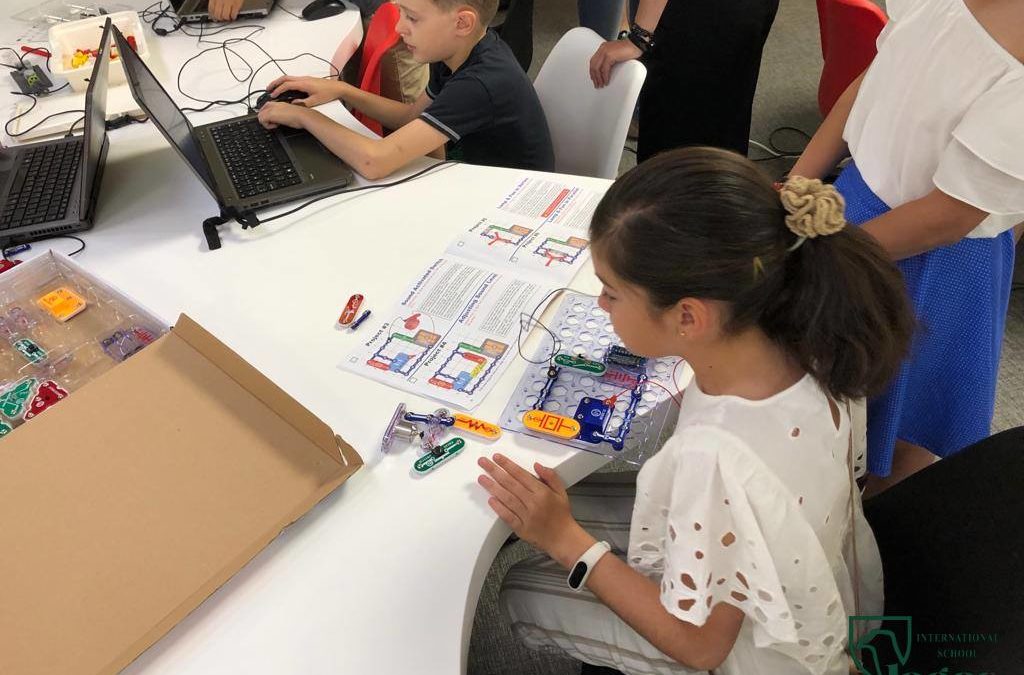Did you know that the average concentration time of 3 year old children is 6 to 15 minutes, and that at 5 years old it does not exceed 25 minutes? Sometimes, parents think that their children have concentration problems or attention deficit, and the only thing that happens is that we are talking about children and it is totally normal.
Once it is clear the average concentration time of children depending on their age, there are some guidelines to follow to improve their attention, always within their possibilities.
At 3 years of age, they begin to control their concentration
In childhood, involuntary concentration prevails, i.e., paying attention is easier in attractive and fun tasks, such as children's games. On the other hand, we find voluntary concentration, which refers to activities that are unattractive and monotonous.
Around 3 years of age, voluntary attention appears. At this stage is when they begin to control their concentration on the tasks to be performed and progressively increase their ability to pay attention, even to less attractive activities.
How to improve the concentration of students in kindergartens
It is normal for children to be easily distracted in the Early Childhood Education stage, but both parents and educators are concerned that they take hours to do an activity or homework. But for both parents and educators, it's a headache when they take hours to do an activity or homework. What can be done to make this task more bearable? Isabel Ortín, head of the guidance department at Logos Nursery and Logos International School, tells us.
Create a study habit
As with school, which begins and ends at a certain time each day, it is necessary to create a habit for the tasks they have to do at home -whether homework or any other activity-.
"Try to put them in the same place at the same time every day to create a study routine that will be maintained as they get older, that the space is tidy and tidy and that the task they start they have to finish," Ortín advises.
Don't forget the breaks
Even adults need short breaks to perform better in our daily lives, so this is a premise that should be applied with children. Concentration improves if short breaks are taken during an activity. If the activity to be performed is long, it should be divided and done in shorter periods.
And let's not forget the importance of getting a good night's sleep. Isabel Ortín adds that "children from 3 to 5 years old should rest a minimum of 9 hours a day to perform the next day, and of course, to have a good mood".
Silence is key
"Noise is an enemy of concentration, so TV, radio and any other source of noise should be avoided while kids are doing their homework," she says. The study area and adjoining rooms should remain quiet so they don't divert their attention.
Healthy living
In addition, the head of the guidance department explains that "a balanced diet and the practice of exercise play a very important role in concentration". These healthy lifestyle habits will help them to have energy throughout the day, to not get tired easily and, consequently, to maintain their attention.
Recognizes a job well done
Motivation is key for children. "Seeing their parents and teachers show pride in their work will boost their self-esteem and motivate them to keep up their efforts at school," Ortín concludes.
By following these tips and tricks, children will have no problem facing the school day during the Early Childhood Education stage. If you notice any anomaly in their ability to concentrate, do not hesitate to contact your child's tutor and the guidance departmentThey will recommend you the procedure to follow to improve your children's concentration.

